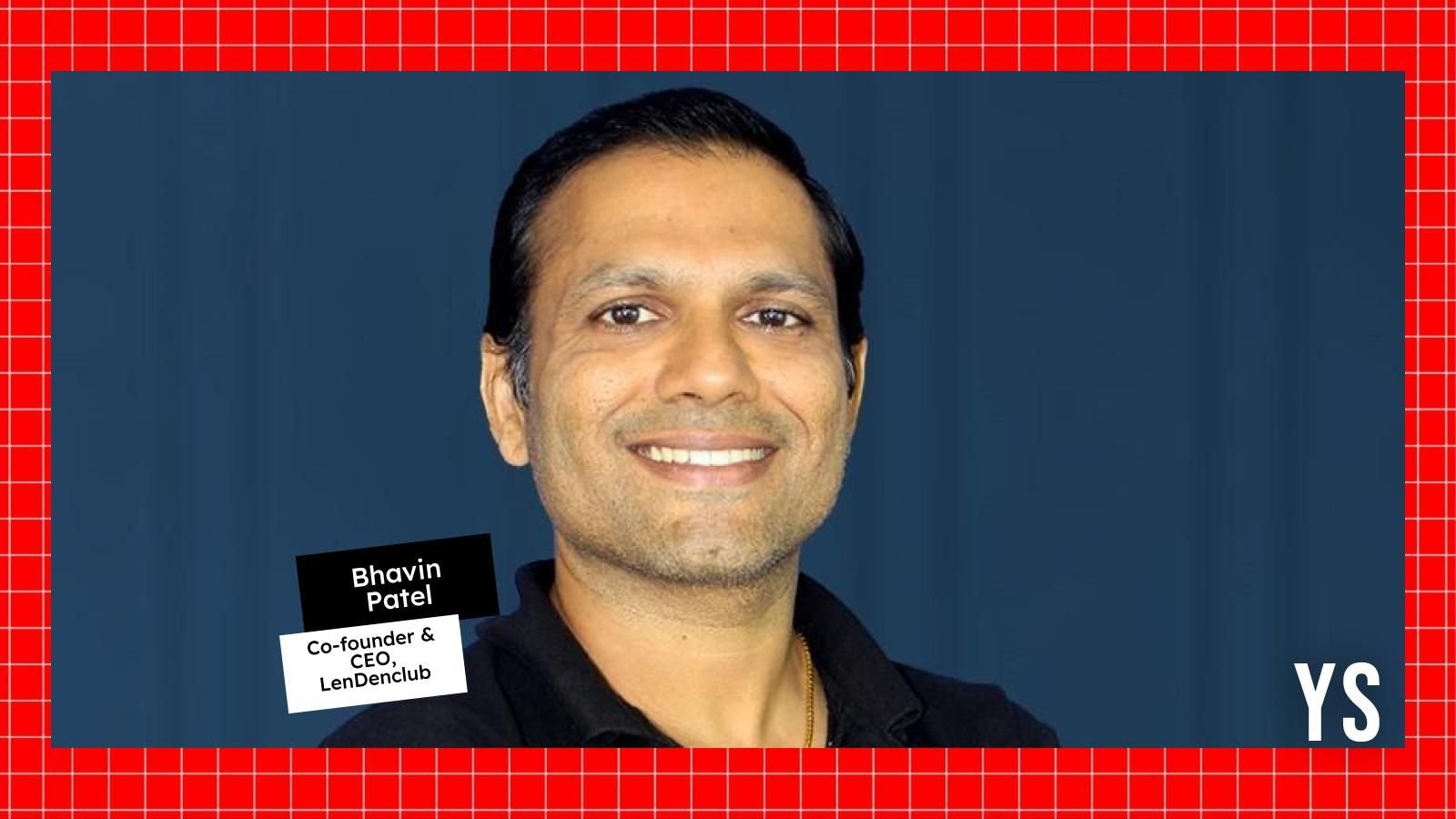Silence self-sabotage with these 5 powerful books


There’s a voice that lives in all of us—one that whispers doubts, magnifies our flaws, and questions our worth. It’s the inner critic, and while it often masquerades as a motivator, its words are rarely kind. It tells you you’re not good enough, not smart enough, not anything enough. Left unchecked, it becomes the loudest voice in the room, hijacking your decisions, killing your confidence, and holding your potential hostage.
For many, the inner critic was born early—shaped by past experiences, cultural expectations, or the need to meet impossible standards. But here’s the truth: that voice is not your truth. And it can be challenged, retrained, and softened.
Non-fiction books are a powerful way to start this process. They don’t just offer motivation—they provide research-backed tools, relatable stories, and actionable frameworks that help you reframe your thinking, regulate your emotions, and rebuild your self-belief. If you’ve ever struggled with self-doubt, overthinking, perfectionism, or shame, the five books below can be a turning point.
1. The Gifts of Imperfection by Brené Brown
Let go of who you think you’re supposed to be and embrace who you are.
This book is a warm, honest, and deeply transformative guide to embracing imperfection. Brené Brown, a research professor and expert on shame and vulnerability, teaches that living a wholehearted life means accepting your flaws—and quieting the inner critic that says you’re never enough.
Key Takeaways:
- The difference between guilt and shame
- How perfectionism is a defence mechanism
- Why self-compassion is more powerful than self-esteem
Why it works: Brown’s blend of personal stories and research helps you realise that imperfection is not a weakness—it’s what makes us human.
2. Self-Compassion by Dr. Kristin Neff
Treat yourself the way you’d treat a dear friend.
This groundbreaking book introduces self-compassion as a healthier alternative to self-esteem. Dr. Neff’s message is simple yet radical: self-criticism isn’t a form of self-improvement—it’s a barrier to growth. She offers tools to help shift your inner voice from judgmental to nurturing.
Key Takeaways:
- How to practice mindful self-kindness
- The three pillars of self-compassion
- Exercises to neutralise the inner critic in real-time
Why it works: Neff’s approach is backed by science and offers practical strategies for building a kinder internal dialogue.
3. Chatter by Ethan Kross
The voice in your head can be your greatest asset—or your worst enemy.
Psychologist Ethan Kross dives deep into the science of self-talk, exploring how the “chatter” in our minds can spiral out of control. Using a mix of cutting-edge research and relatable stories, he shares tools to turn mental noise into mental clarity.
Key Takeaways:
- The difference between the inner voice and the inner critic
- Tools like distancing, journaling, and rituals
- How to coach yourself like you’d coach someone else
Why it works: It combines cognitive science with simple habits that can be implemented immediately to regain control over negative thoughts.
4. The Mountain Is You by Brianna Wiest
Transform self-sabotage into self-mastery.
This book is a deep dive into the subconscious roots of self-sabotage—often driven by an overly loud inner critic. Brianna Wiest explains how unresolved trauma, fear, and limiting beliefs turn into internal barriers and how we can rewire our thinking to climb the “mountain” within.
Key Takeaways:
- How fear disguises itself as logic
- The emotional roots of procrastination and overthinking
- How to rebuild self-trust and internal safety
Why it works: Wiest’s poetic yet practical language makes deep psychological work feel accessible and empowering.
5. Radical Acceptance by Tara Brach
Embrace your life with the heart of a Buddha.
In this powerful blend of Western psychology and Eastern spirituality, Tara Brach teaches that true freedom begins when we stop waging war on ourselves. The book is full of meditative exercises, real-life case studies, and Buddhist wisdom to help you respond to the inner critic with compassion.
Key Takeaways:
- The concept of the “trance of unworthiness”
- How to practice “RAIN” (Recognise, Allow, Investigate, Nurture)
- Guided meditations for inner healing
Why it works: Brach’s methods help you meet your most painful inner voices with presence and peace instead of resistance or avoidance.
Final thoughts
Silencing the inner critic doesn’t mean pretending it never existed. It means understanding where it comes from, questioning its authority, and learning to speak back with clarity, compassion, and courage. These five books won’t erase your inner critic overnight, but they will give you the tools to quiet it—and eventually, to replace it with a wiser, kinder inner voice.
Remember, healing begins with awareness, and transformation follows with action. Let these books guide your next step toward inner freedom.
Discover more from News Hub
Subscribe to get the latest posts sent to your email.







